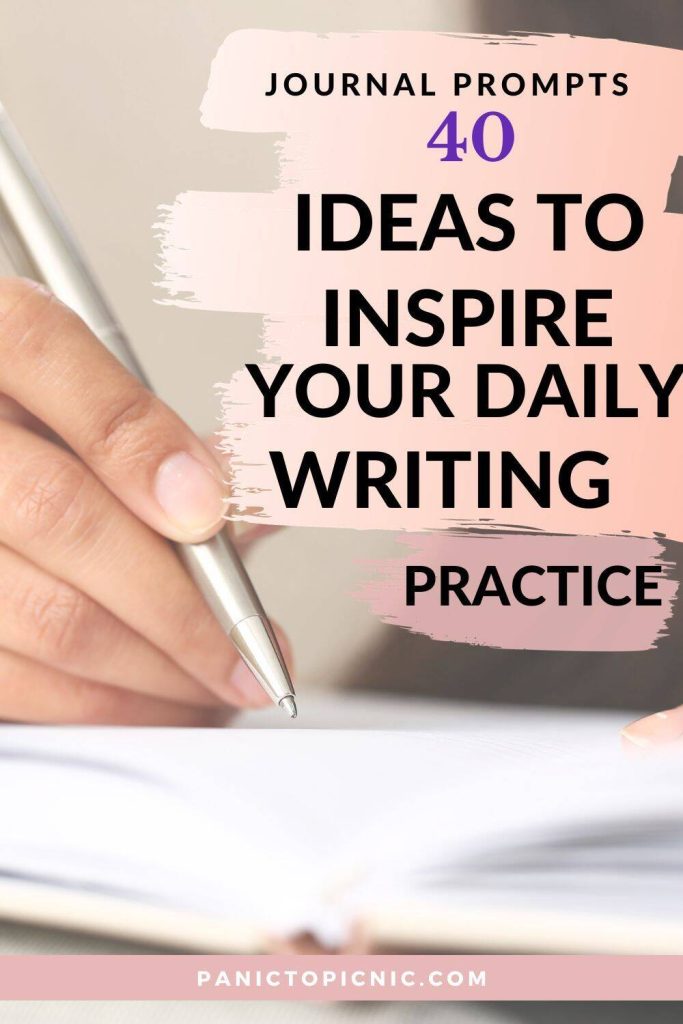Are you someone who uses journal prompts to practice journaling consistently? From my experience, journaling can be tough to keep up without accountability. I know because I’ve started and maintained a consistent journaling routine only to fall off the wagon again.
Why can journaling daily be tough to keep up with? I once had someone ask me how to keep her journaling routine consistent without feeling like a chore.
My answer to her question was simple. I suggested that she find one thing that she loved about journaling. My second and best suggestion was to pair journaling with an activity she completed daily.
Table of Contents
ToggleIntroduction
If you are someone who struggles with journaling consistently, I empathize. If you are great with your journaling routine, this article will still be helpful.
In this article, we will explore the several categories and types of journaling prompts that can be used daily. Ready for 40 ideas to inspire your daily writing practice? Let’s go!

1. A rule of thumb is there is no right or wrong way to journal.

Before we get into the types of prompts, you should recognize that there’s no specific way to do it. You have to make it a part of your daily routine.
If you are not someone who struggles with journaling consistently, maybe you are just looking for a new journaling style. What I mean by this is you could be someone who writes down whatever comes to your mind. Or maybe you just journal about gratitude and nothing else.
Or maybe you’re one of those who just writes, My day was good entry every single day. I am one who usually resorts to journaling when I am anxious or mad about something.
Again there is nothing wrong with using your journal this way but the same journaling style over and over could get boring. No wonder it gets tough to keep up with!
Whatever your situation, you can turn your dull journaling habits into creative ones by having prompts to guide you.
2. Do you know what a journaling prompt is?
Don’t worry because I will tell you what it is.
A journaling prompt serves as a guide or suggestion when you can’t think of a topic to write about. Prompts simply give more structure to your journaling practice. There are so many types of journaling prompts to choose from.
I once put a digital journal together for a Pelvic Floor Therapist and I included journaling prompts to help with her clients’ Pelvic Health! Also, a friend of mine who is a Lifestyle Coach has hosted quite a few Gratitude Challenges that I participated in.
For 30 days, participants were guided by prompts such as What are you grateful for? And name one person you are grateful for.
My Lifestyle Coach friend is a HUGE fan of prompts. Journaling without prompts made Shawnti BIG mad so she developed her line of guided journals. So proud of Shawnti and how much she’s grown on her journey. She and I have similar stories that I will share in a future blog post.
Anyway, if your preference is not journaling prompts, you can try stream-of-consciousness writing or morning pages. I won’t go into detail about these types of journaling because this is all about prompts.
I may do another article specifically on morning pages and stream-of-consciousness writing in the future. For now, let’s get back to prompts.
3. By using journal prompts, you can explore your thoughts and emotions in a more structured way.
You may even explore some new things about yourself.
I can’t tell you how many times I’ve found an anxious letter that I’ve written and thought to myself, “Wow. I’m grateful that I am in a much better headspace now.” Journaling creates the ability to reflect and see your beautiful progress.
There are so many sources where you can find journaling prompts. I’ve got an entire Google Drive full of journaling prompts – from self-love prompts to gratitude prompts to a year of journaling your goals prompts.
You can search the web for prompts but if you can’t find any that resonate with you, I’ll let you access my Google Drive. Anyway, whether you prefer to use my prompts or create your own, using journal prompts in your writing practice can help you stay motivated, consistent, and committed to the habit of journaling. Would you give prompts a try to see if they will help you?
4. Self-Discovery Journal Prompts
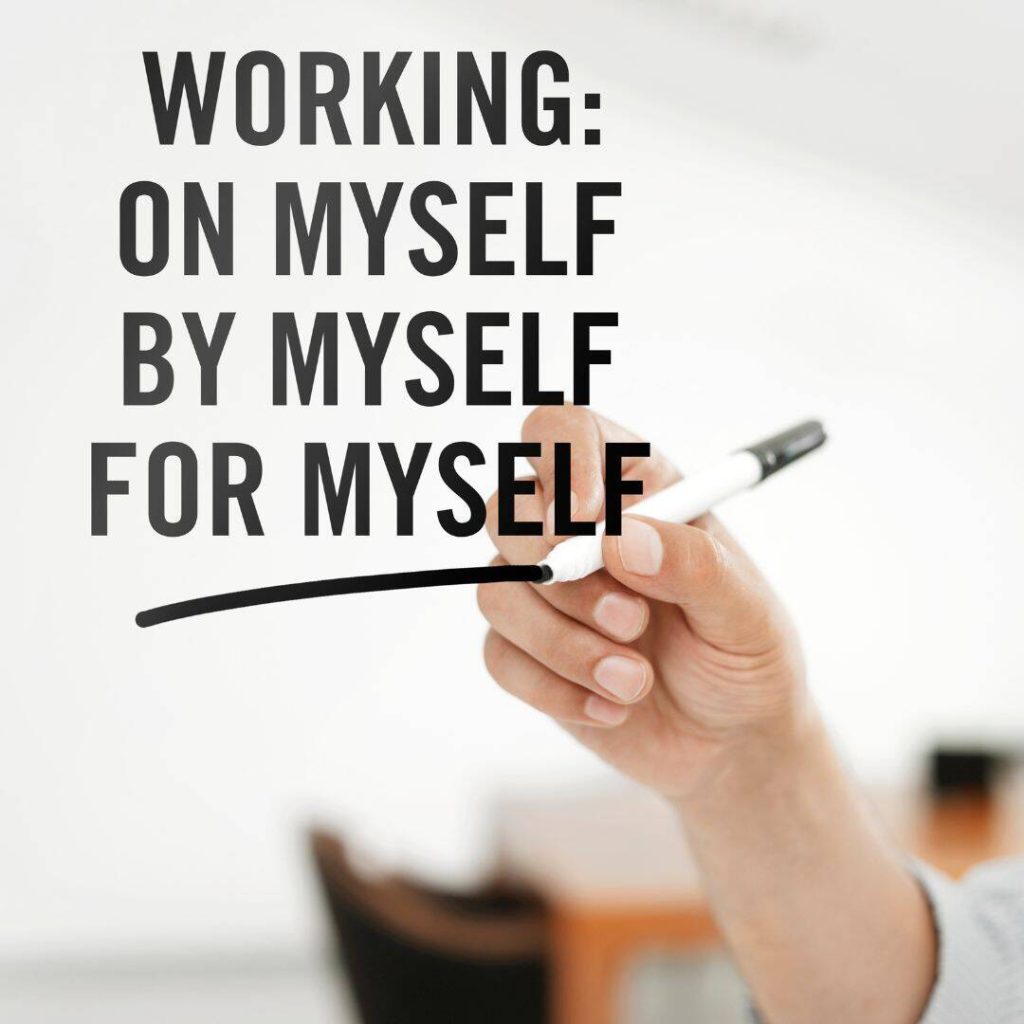
Journaling is a great way to discover who you are and your core values. Just from journaling, I discovered that I am an empath. I never heard of the term before starting my healing journey and journaling routine.
Being empathetic means that I feel others’ emotions and I am easily triggered by them. That’s the reason I decided that anxiety coaching wasn’t quite aligned with me.
Self-reflection journaling prompts can give you clarity and help you identify specific areas of your life that need to improve, discover your goals, determine who you are, and reflect on your past experiences that have shaped who you are today.
Let’s get started on defining you in these daily journal prompts below:
5. Prompts for Clarity and Self-Discovery
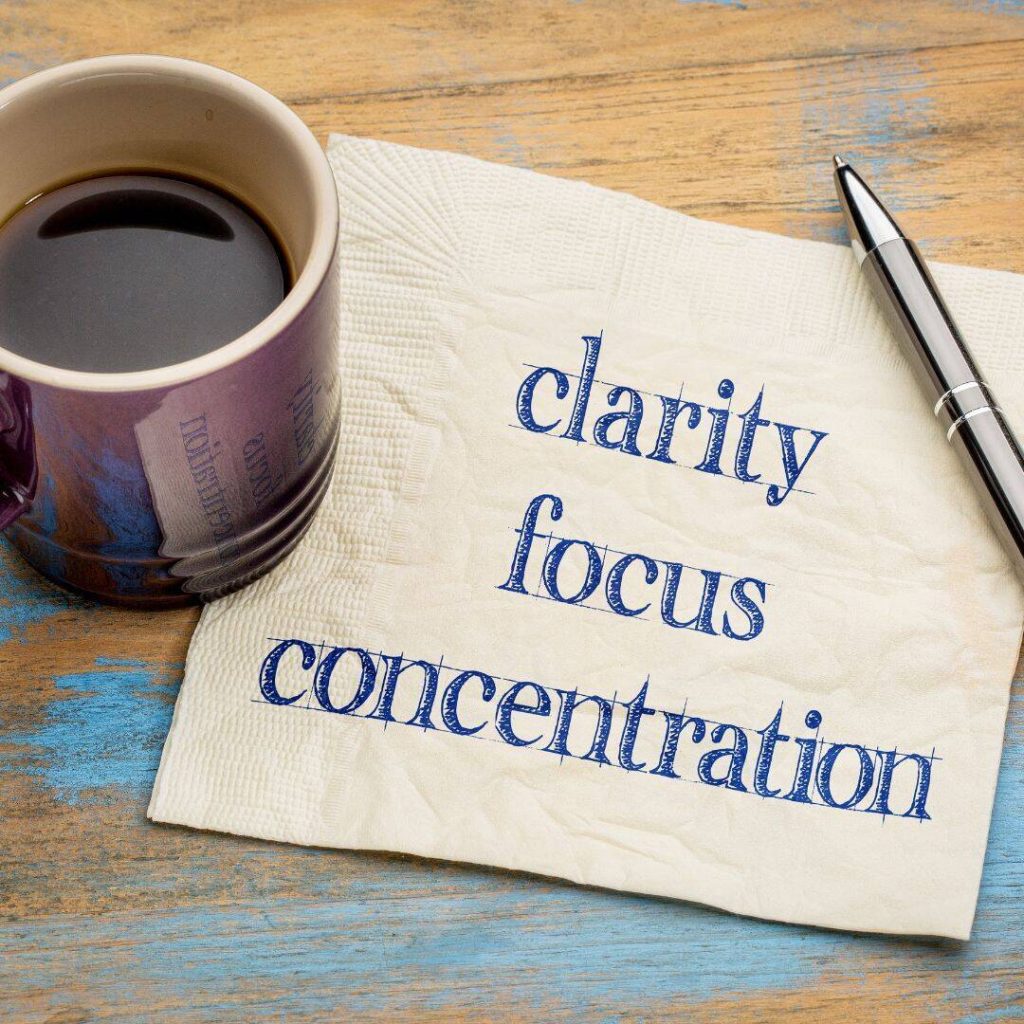
- Where are you in your life right now?
- What do you want to accomplish by a year from today?
- In what area of your life are you lacking?
6. Prompts for Your Goals
- What are 3 goals you want to achieve?
- What is one goal you achieved that you are proud of accomplishing?
- How will you measure your progress towards your goals, and what rewards will you give yourself for achieving them?
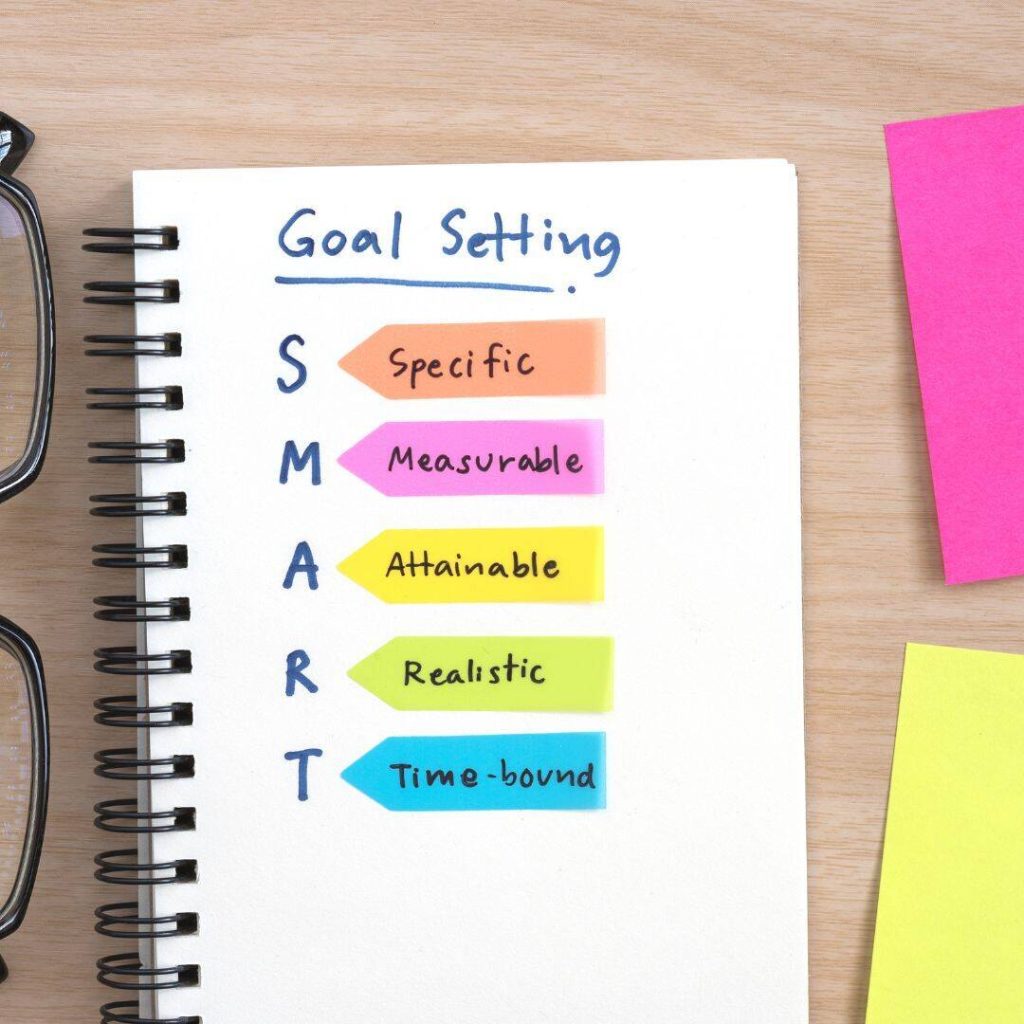
7. Prompts for Reflecting on Your Past

- What are some things from your past that happened to you that have made you who you are today?
- How have these experiences influenced your behavior and beliefs?
- How have you changed in the last 5 years?
8. Prompts for Strengths and Weaknesses Discovery
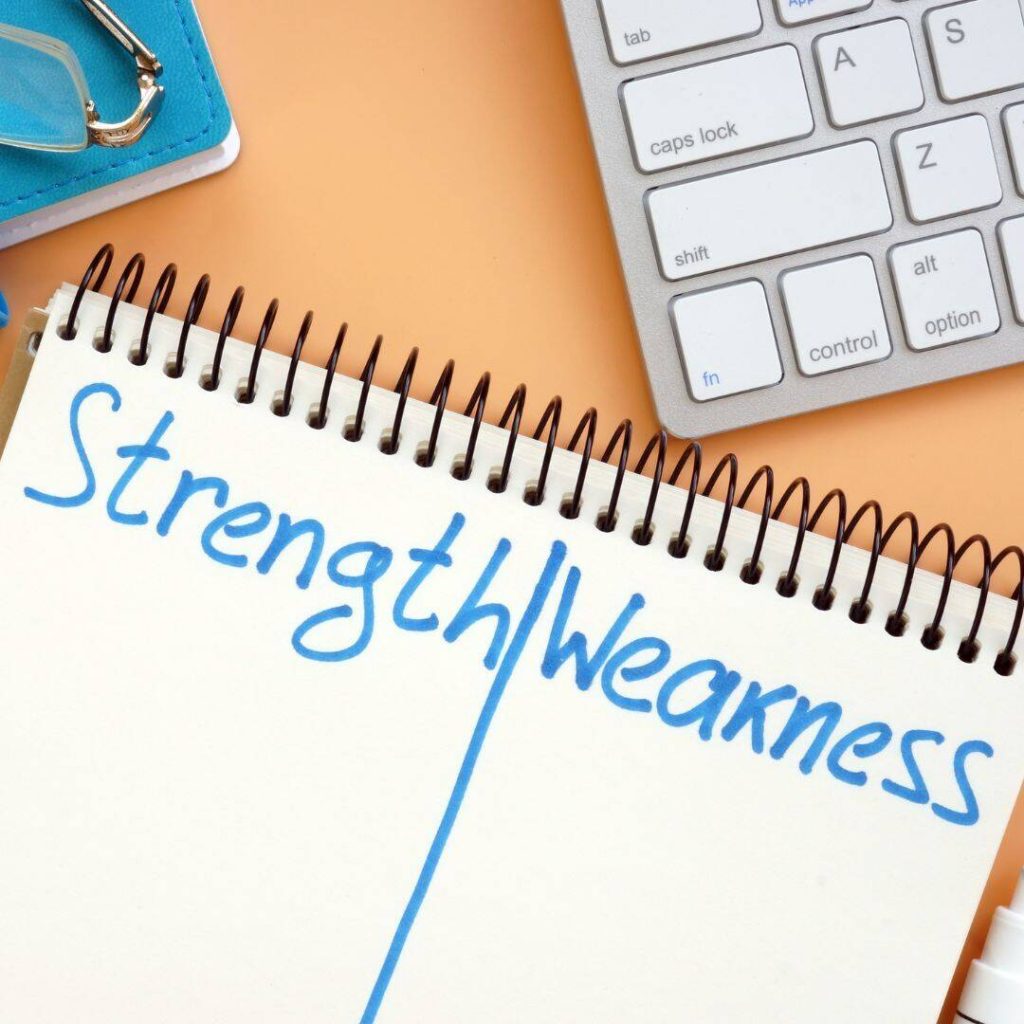
- What are your greatest strengths, and how have you used them in your past and today?
- What are your biggest weaknesses, and how are they holding you back?
- How can you turn your weaknesses into strengths?
- . How can you add value to those around you?
9. Prompts to Define Your Identity
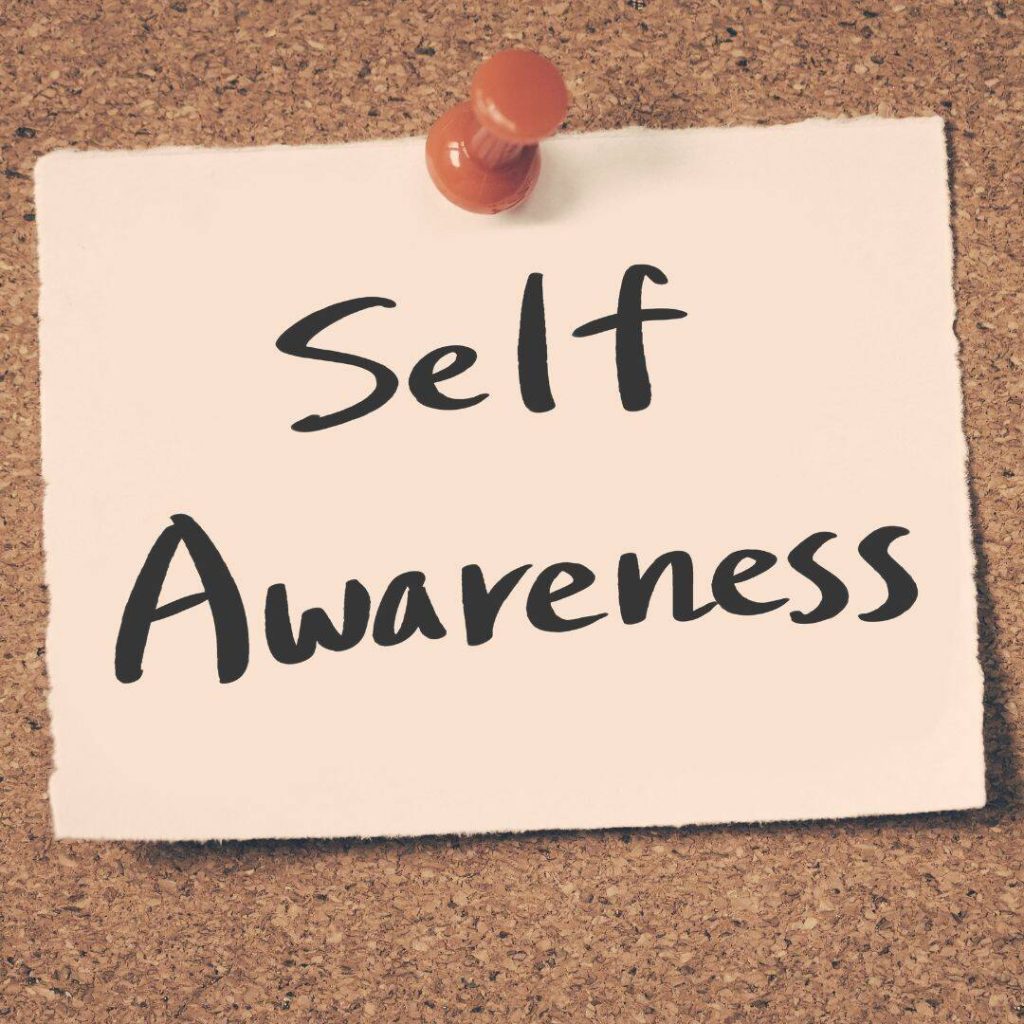
- How do you define yourself, and what brings you the most joy about it?
- What is your cultural background and how has it influenced your life?
- What steps can you take to embrace and celebrate your uniqueness?
By using these self-discovery journal prompts, you can dig deep and understand your purpose in life. I want you to take your time with these and think about them before you write anything down.
Then journal every single thought that you have for each prompt. We are going to continue with tons of more prompts to help you discover who you are. Let’s keep going!
10. Emotions and Feelings Journal Prompts

I mentioned previously that I use journaling when I’m anxious or angry. You too can use journaling to begin processing your emotions. You could be feeling overwhelmed, stuck, unmotivated.
I have felt all of these feelings on my Authorpreneur journey and to be honest I still do! When I need to process my negative emotions, I turn to my journal. Prompts specifically help you analyze your mental health.
Whenever those negative thoughts start creeping in, it’s important to begin practicing gratitude. Please check out the gratitude prompts below to begin turning around some of your negative thoughts!
11. Prompts for Expressing Gratitude

It’s so important to express Gratitude daily. Even if you think that you have nothing to be grateful for, you can always find one thing. There are a lot of things that I took for granted when I was younger such as having a place to live and food to eat.
Nowadays I am grateful for those things along with my health, and my eyesight. We take those things for granted as well.
When you practice gratitude, you realize that life ain’t so bad and it automatically puts you in a more positive frame of mind.
Here are just a few prompts to help you practice gratitude and a positive mindset:

- Write three things you are grateful for at the end of each day. It may change your life, and it will lift your depression.
- What’s one positive thought that you had today?
- Write a letter to someone special in your life and express your gratitude and appreciation for them.
- Write a list of 20 positive words to describe yourself.
- Write down your top 3 challenges that stop you from having a positive mindset and how you are going to reframe them.
12. Prompts for Processing Negative Thoughts and Emotions

I know how difficult it can be to deal with negative emotions. My journey began with just trying to process my negative emotions by sharing my story with anxiety. If you are unfamiliar with my story, you can check it out, here.
I have done a lot of work on my mindset and guess what? I still have negative emotions. The difference between now and then is that I have equipped myself with tools to manage my negative emotions.
I spend way less time wallowing and feeling sorry for myself. Are you someone who dwells in negativity? It’s okay to admit it.
The journal prompts below are here to help you navigate through any negative emotions that arise:
- What’s one fear that’s been holding you back?
- Question the fear that you wrote previously. Remind yourself that you’ve tackled it in the past, and write 3 affirmations that helped you overcome it.
- What are some specific reasons/incidents that you feel anxious?
- Why do YOU THINK it makes you nervous? Analyze what it could be.
- Examine your limiting beliefs. Which one is the most painful for you?
13. Prompts for Developing Self-Compassion
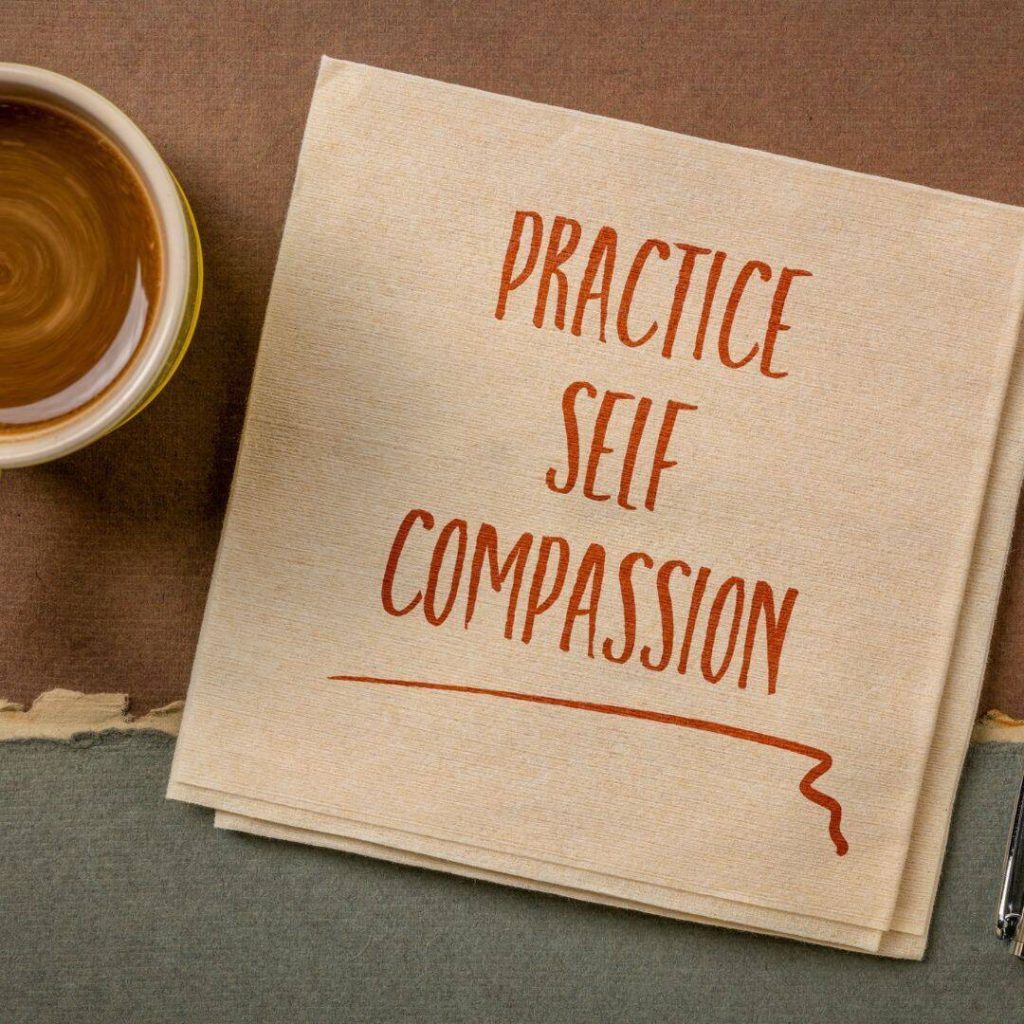
Many of us, especially those who are perfectionists and anxious, lack self-compassion. I know this because I’ve lacked self-compassion for years. I’d beat myself about every little thing, overanalyzing a conversation with a friend.
Fortunately, I learned to show myself some compassion when I began my healing journey. Do I still beat myself up at times? Yes, I do but not as much as before.
If you are like me, do me and yourself a favor by treating yourself to some kindness! Give yourself a break. There’s no need to be perfect.
I’m talking to myself as I write this too! Here are some journal prompts to help you be a little kinder to yourself:
- Do you appreciate yourself? If so, name one thing that you appreciate.
- If you had to write a letter to yourself about self-compassion, what would you say?
- Recall a time when you were empathetic toward yourself. Describe how it felt.
- List three affirmations for self-compassion. Repeat them out loud to yourself.
- What’s one thing you can do today to show yourself some kindness?
14. Prompts for Developing Greater Emotional Intelligence

Early on in my healing journey, before even knowing what emotional intelligence was by name, I began the R.A.C.E to Recovery. The R stands for Realize/Recognize, A(Acceptance/Awareness), C(Challenge/Change), and E(Exercise your plan) to eliminate anxiety.
I’ve used this same acronym to help past clients manage their anxiety. I am no longer doing Anxiety Coaching but the R.A.C.E. framework is still valid.
When I discovered the meaning of emotional intelligence, I had my aha moment because that’s what my R.A.C.E framework represented.
If Emotional intelligence is still unclear to you, I’ll tell you what it is. By definition, Emotional intelligence is the ability to recognize, become aware of, and manage your own emotions.
You are also able to recognize the emotions of others, which sounds a lot like empathy. You can use your journal to explore your emotional intelligence as well as strengthen your self-awareness.
Here are some journal prompts to help you develop emotional intelligence:
- What is something you are currently nervous about? Describe it in detail.
- Write about a time when you felt excited. What was it that made you excited? How did you react?
- List 3 triggers and how you responded to each.
- When it comes to self-awareness, what are your biggest priorities?
- How do you feel right now?
15. Prompts for Tracking Mood Patterns

As humans, we all get moody sometimes. I know that I can be very moody. One minute I could be laughing and smiling and then the next minute something could trigger me and anger me.
When I find myself getting ready to go off the deep end, I stop and take a deep breath. I try not to go down the rabbit hole of negativity.
One thing that makes me moody is when I don’t hear back from a prospect. I have no control over this and I should never take business personally.
Anyway, tracking your mood could help you determine if you are more chill or high-strung. I am a type-A personality working on my high-strungness.
Moments of high-strungness appear almost daily but at least not the entire day. I wish I could be more laid back but it’s a part of what makes me Tara.
It’s still important to track moods and habits. Here are some prompts to determine and track your mood patterns.
- On a scale of 1-10, how are you feeling today?
- Write about 3 things you loved about today and 3 things you didn’t love.
- Talk about the moment you knew your mood had become a problem.
- Is there a specific person in your life who you feel is contributing to your mood?
- What is one thing you are grateful for today?
16. Relationships Journal Prompts
Honestly, I was reluctant to write about relationship prompts. Talking about relationships with others is out of my comfort zone, specifically romantic ones because I have been single since my late twenties.
The most important personal relationship that I have currently is with myself. However, I decided that I would stop my avoidance behaviors regarding relationships with others.
My avoidance behavior stems from the belief that I don’t have many strong relationships outside my immediate family. I know a lot of people but I am an introverted homebody.
I do a lot of virtual networking for business purposes but that’s my only “hang-out” time. Plus, building personal relationships is a job, okay? That’s why I keep a small circle because nurturing friendships is a job that I can’t seem to keep!
So these prompts will be helpful for you and me. You will be able to evaluate your relationships and improve your communication skills. I’d say I’m pretty good at communicating.
Sometimes setting boundaries may offend your inner circle but it has to be done. We can also explore romantic love and intimacy, two things currently missing from my story.
But I am being brave and discussing the topic anyway. Here are some prompts to help us all.
17. Prompts for Assessing Personal Relationships

Talking about personal relationships with others is triggering, but it’s not about me. I’ve got some serious reflecting to do when it comes to personal relationships so these prompts are helpful if personal relationships also trigger you. Let’s explore them below:
- Name the most important people to you in your life and why they are important.
- Do you praise your partner for their efforts?
- How do you offer support, encouragement, security, and reassurance to loved ones?
- How much quality time do you spend with your family a week?
- Think about the role you play in your relationships. How can you improve your role as a friend/sister/brother/daughter/son/mother/father/partner?
18. Prompts for Strengthening Communication Skills

One of the best ways to develop and maintain healthy relationships is via communication. Without proper communication, your relationships can quickly turn toxic and dysfunctional.
Unfortunately, many of us feel that we have to yell to get our points across. I am guilty of this too, especially when my nieces and nephew upset me.
To communicate healthily and properly, it must be practiced daily. These prompts can help you practice and improve your communication skills:
- How would you describe your conversations with those closest to you? Are they casual and meaningful?
- Do you communicate your needs and address your partner’s needs in a relationship?
- Is compromising difficult for you? Rate your ability to compromise on a scale of 1-10.
- Do you use “I” or “We” statements when talking about concerns you may have with your partner? I.e. “I feel lonely when…” or “I can remember the last time we….”
- Are you open to allowing your family members to share their point of view, even if you disagree with it?
19. Prompts for Resolving Conflicts
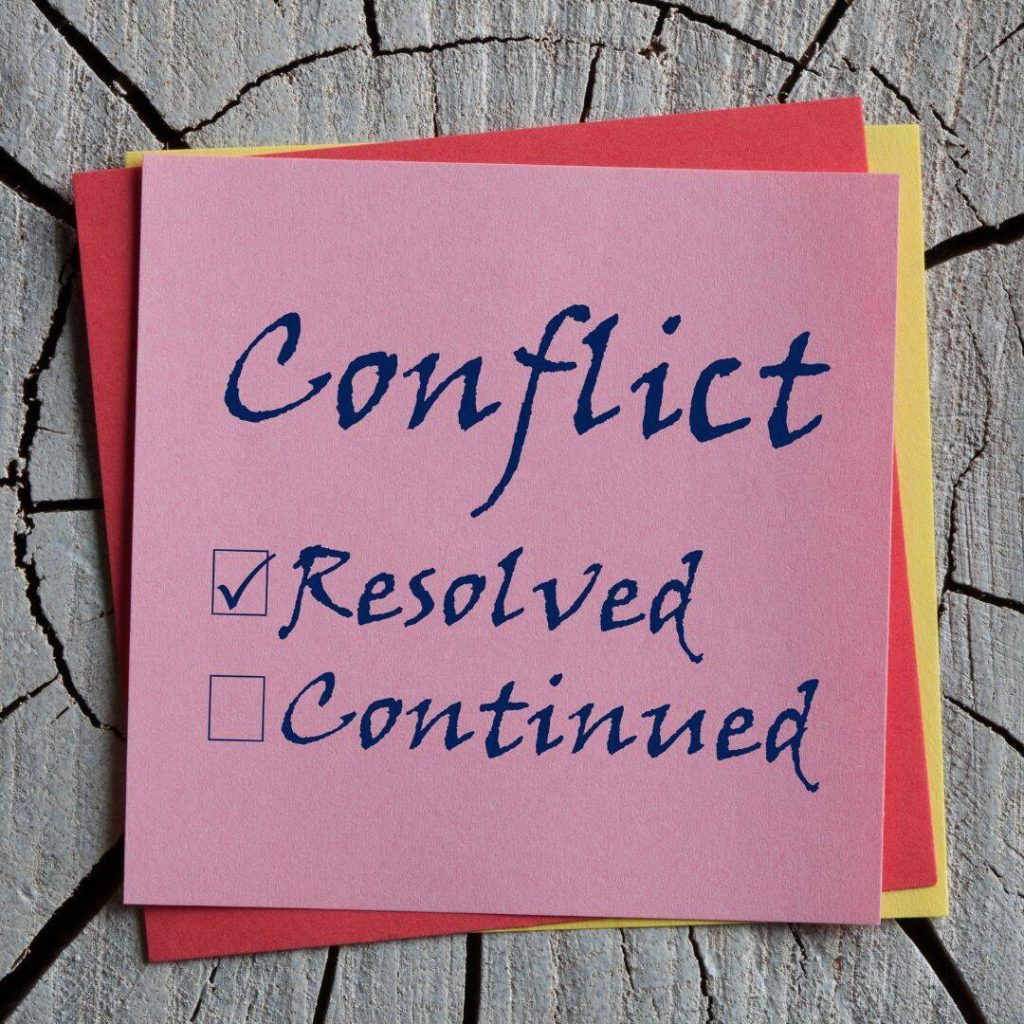
Unfortunately, there is no way to avoid conflict in any relationship. Overall, I like to keep the peace so when conflict arises, I become distant and avoidant.
I believe that it’s the people pleaser in me. Luckily there are ways to resolve conflicts.
Here are some prompts to help you the next time you find yourself facing conflict with someone in your life:
- What are some of the main causes of conflict in your relationships?
- How do you face your conflicts?
- How can you seek out the positive in the most difficult situations?
- In what ways can you solve your conflicts together as a family?
- How you approach your conflicts can strengthen your relationships. Name 3 ways to healthily resolve your conflicts.
20. Prompts for Setting Healthy Boundaries

Do you know how to set healthy boundaries? I do not recall learning about setting healthy boundaries in school or at home.
As an adult, I realized the importance of setting healthy boundaries. If you don’t set them, you may find yourself being taken advantage of. For example, it is okay to say no and not feel guilty about it. When you tell someone no, you are letting your loved ones know that you are not a “Yes man” or “Yes Woman.”
My family knows not to come to me for certain things because they know that I will say no real quick! My nine-year-old niece likes to come into my workspace when I am on a business call. I let her know that she cannot come in until the call is over.
This is the boundary that I set with her. It took some time for her to acknowledge my boundaries, but she knows that when Auntie is on a call, she is not to come in and interrupt me.
Setting boundaries is an important part of any healthy relationship. These prompts can help you set your boundaries:
- Name 3 of your boundaries and why they are important to you.
- Are you open and honest about your concerns when personal boundaries are crossed?
- Do you encourage proper communication concerning your boundaries?
- Do you respect the personal boundaries of your loved ones? How?
- Name 5 ways that setting health boundaries can strengthen your relationships.
21. Prompts for Exploring Love and Intimacy

When I think of love and intimacy, I automatically think of romantic love. And it is a topic that I avoid speaking about because I haven’t had much success with dating as an adult.
In both of my books about my experience with anxiety, I intentionally left out my dating experiences as an adolescent in case one of my exes ever picked up my books.
Coincidentally an ex of mine DID end up reading my first book. I wonder if he read it to see if I included anything about him.
But dating was a huge source of my anxiety because I wasn’t good at it. I didn’t know how to connect on a deep level and I was lacking intimacy.
My dating life is very personal so I chose to keep that part of my story to myself.
I am not a love expert so I didn’t feel compelled to share that part of my journey.
Furthermore, you don’t have to be in a romantic relationship to explore love and intimacy. Journaling can help you explore your feelings about love and intimacy. Consider these journal prompts:
- How do you define love?
- Do you believe that you truly have to love yourself before you can love anyone else? Why?
- Do you make time for intimacy? How can you fit it into your hectic schedule?
- Do you have expectations for intimacy in your relationships? If so, what are they?
- Do you ask your loved ones simple questions such as how their day was?
22. Creativity and Inspiration Journal Prompts

For as long as I can remember, I’ve been a creative young lady. I used to love drawing and art in my childhood and adolescence. I ran from my creativity for a long time as I pursued a career in accounting.
Going to school for Accounting had to be one of the most boring periods of my life. While working in the field, my creativity was reignited and I found myself drawing and journaling again.
I would pull out my phone and stare at my art while in my cubicle. If it wasn’t for drawing and journaling, I may have never found my creative spark again.
Not only is journaling a great way to explore your creativity, but you can also find inspiration. Journaling inspired me to find a more self-fulfilling career outside of Accounting.
Here are some journal prompts to help you ignite your creative potential, and set artistic goals while finding everyday inspiration.
I’ll also share with you some prompts to help you overcome creative blocks, and document your journey.
23. Prompts for Discovering Your Creativity
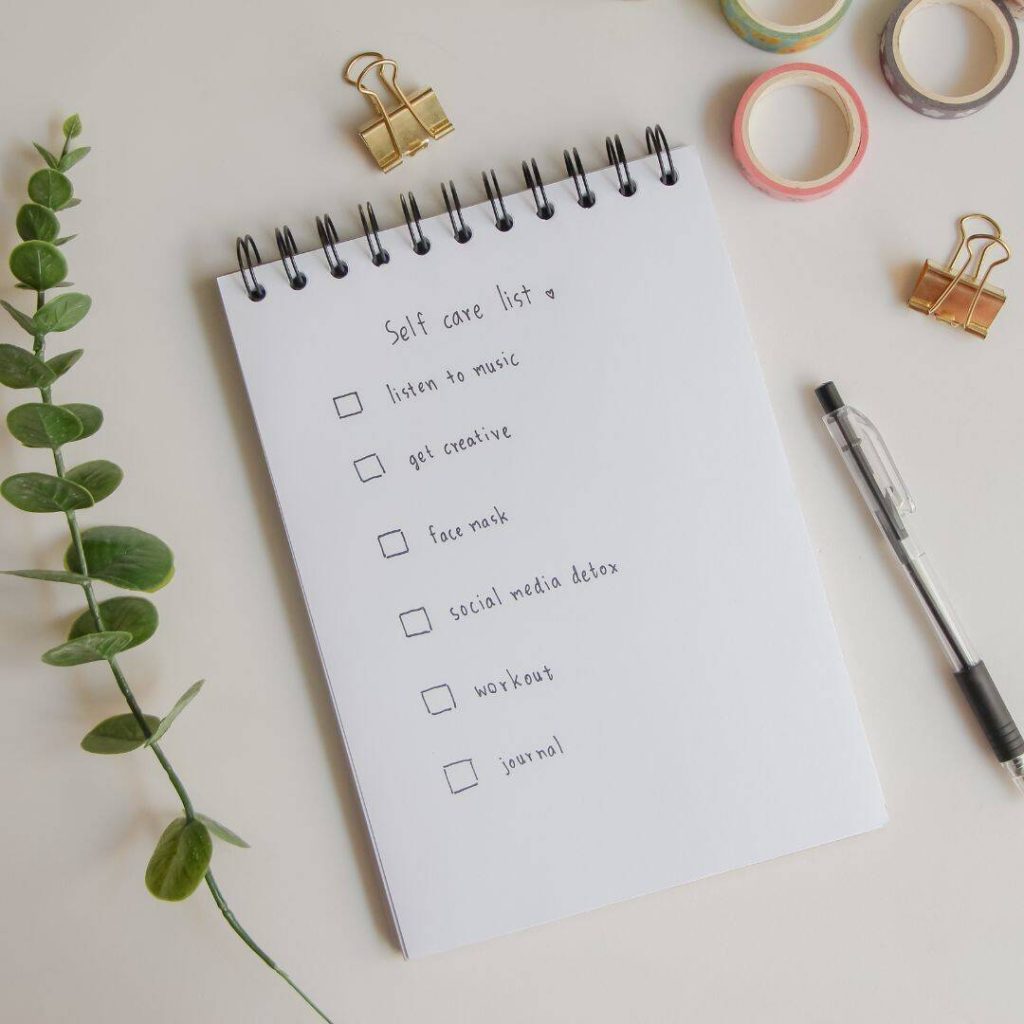
Are you feeling creatively stuck? Don’t worry, it happens to the most creative thinkers. Even I get stuck and stare at my computer when I am feeling uninspired.
When this happens, I sit back in my chair in front of my laptop and take a deep breath. I give myself a few minutes before I begin writing or working on my blog post again.
Also, the good news is these prompts can help you expand your imagination and open up your creativity box:
- What would you create if you had all the time in the world to use your talent?
- Use your hands to create something new such as baking a cake or drawing a picture of your favorite pet. Do something creative every week.
- Try creating something that you’ve never done before. For example, I’ve never done sculpture art, watercolors, or drawn with charcoal.
- If you had to write a letter to your inner creative voice, what advice would you give to breakthrough creative blocks?
24. Prompts for Setting Artistic Goals

Are artistic goals important? If you are creative, setting artistic goals is just as important as setting life and personal financial goals.
Keep in mind that you do not have to be a professional artist to set artistic goals.
These prompts can guide you in achieving your own artistic goals:
- Cut out images and words that represent your artistic goals and paste them onto a board. This is called a vision board. I did this last year when I attended a vision board party.
- Most creatives enjoy vision boards because by keeping the vision in front of you, you are manifesting and turning your goals into reality. I believe that everyone should create a vision board every year. The tough part would be keeping it in front of you daily.
- Write a letter to your future self. What do you hope to achieve with your art in the next five years?
- SMART goals are Specific, measurable, achievable, relevant, and time-based. Set these goals to keep on track with your dreams. I.e. Draw a realistic sketch of your favorite musical artist in 21 days.
25. Prompts for Finding Inspiration in Everyday Life
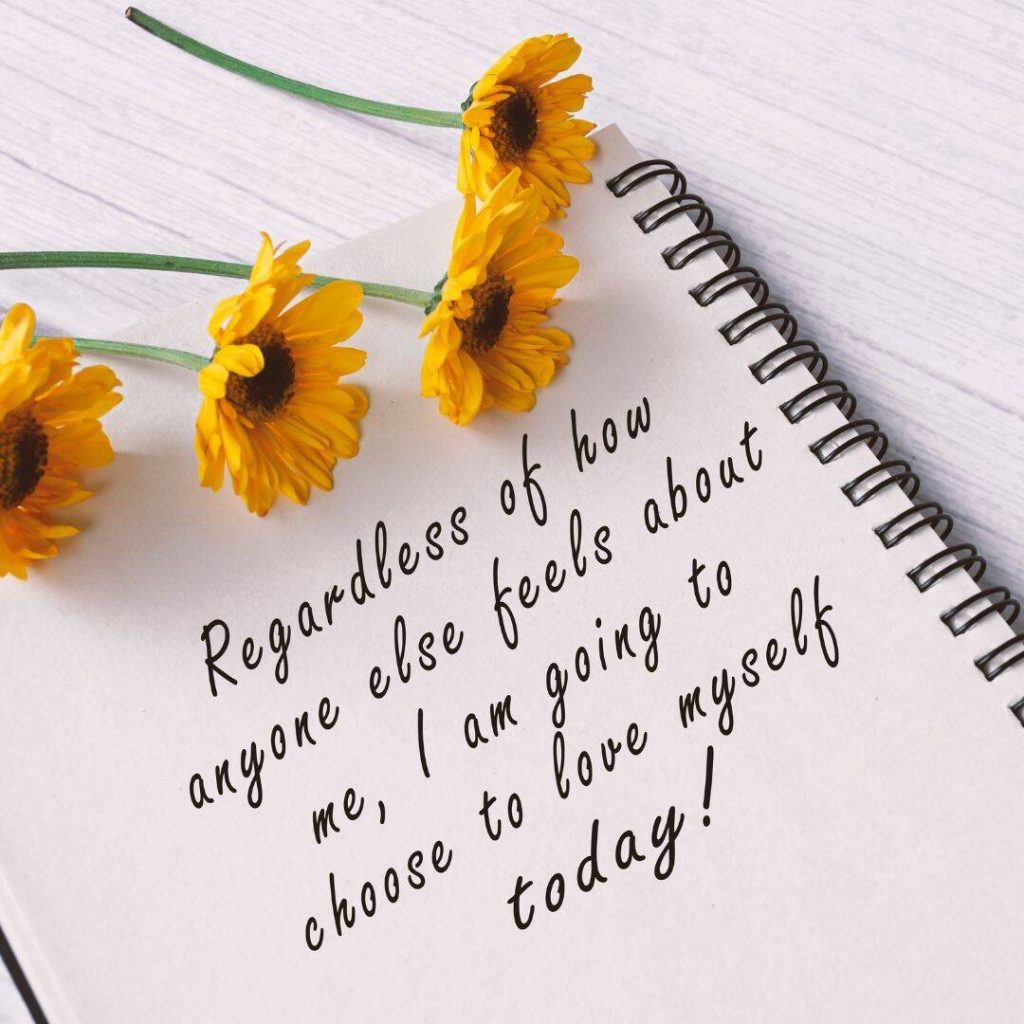
When you are feeling uninspired, it can be tough to push through. But I know that deep down you will always find it in you to keep moving forward. Inspiration can come from almost anywhere. Let these prompts inspire you every day:
- Take a walk and pay attention to your surroundings. What do you see, hear, and smell? I love going for walks when I need a bit of inspiration. Just witnessing the greenery around me inspires me to write a page in my book.
- Listen to your favorite music. I love music and I listen to it every day. One of my favorite songs to listen to daily is Lifetime by Maxwell. It inspires me to not let my life pass me by but to keep getting up every day and working towards my dreams. I listen mostly when I am in the kitchen preparing my breakfast and during lunchtime.
- Trying something new could inspire you. You may want to try a new workout routine or get a new instructor. I used to workout every day with a YouTube channel called Fitness Blender. I have since branched out to a different channel, and have tried different strength training exercises. I still do Fitness Blender on occasion but trying new channels helped me to change up my routine.
26. Prompts for Overcoming Creative Blocks

Creative blocks happen to the best of us. If you find yourself scrolling your work and reading the same thing over and over that you’ve just written, you are not alone.
There’s no way to avoid creative blocks but you certainly can overcome them when they arise.
27. Here are some prompts and suggestions to tackle your creative blocks:
- What is one thing you can do on a break from your creative work?
I take PLENTY of breaks when I am experiencing a creative block. I may take one too many. You have no idea how many breaks I’ve taken during writing this article alone.
- There’s no way I could sit and write an article of this length all in one shot. I’m guilty of scrolling on my phone, watching YouTube videos, grabbing food, and watching a little TV.
- I find that I am less overwhelmed when I take a break and come back to my work even if I’m determined to finish an article. I know I’m not the only one taking breaks to scroll social media when I should be writing!
- How can you look at your work from a different perspective or through a different set of eyes?
You can change your perspective by viewing your work as if it weren’t your own. I practice this with email marketing. When I need to come up with a subject line, I think about if I’d want to open an email with a specific subject line. Essentially, I view my work from a different perspective.
- In what ways can you collaborate with someone else to ignite your creative spark?
Collaborating with others is one of my favorite things to do when I need some creativity. A blog post collaboration is something that I look forward to in the future because it’s less writing on my part.
I am also in a writing group with my aunt and her friends in which I contributed two articles to our in-progress book. We share ideas on book topics which saves a lot of brain power.
28. Prompts for Documenting Creative Journeys

As I was looking in my Google Drive earlier today for journaling prompts to include in this article, I came across a Google Doc that I had written a few years ago.
The Google Doc was a questionnaire that I filled out to participate as a podcast guest. As I read it, I noticed I repeated myself in all my answers.
I typed a Self-published author from South Jersey. My answers were pretty boring! It’s important to document your creative journey so that you see how far you’ve come.
My journey is a lot more colorful and vibrant with not just being a self-published author but beginning my digital publishing company. These prompts can help you record your creative journey:
- Create a creative toolbox. – You can add any item that influenced your creative journey in a box. If most of your tools are digital, create a digital toolbox on your computer and open it up at a later date. My creative toolbox would be filled with digital journals, both Done-For-You and Wellness focused.
- What have you learned on your creative journey so far? What challenges have you overcome?
- What photos, sketches, etc can you include in your creative journal? Collect them and make a scrapbook.
29. Personal Growth Journal Prompts
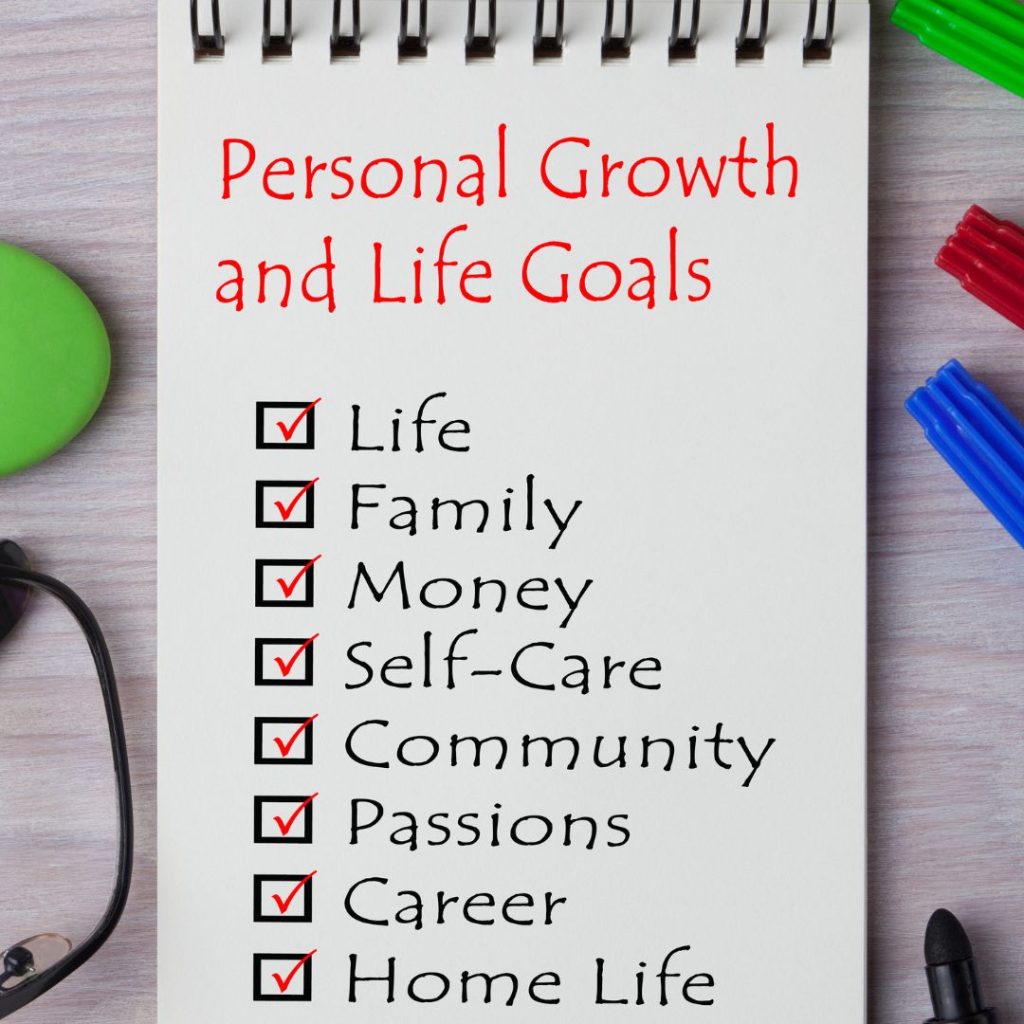
Every being on the planet should be working towards personal growth daily. We learn and grow as we age. Just because we leave school does not mean that we stop learning.
I recall in my early twenties being interested in personal development but I didn’t have an idea of where to start. At the time I had a fixed mindset and didn’t have an interest in learning new things due to college burnout.
Since beginning my journey online, my mindset has expanded from fixed to growth. A major part of achieving personal growth and self-discovery was developing a journaling practice.
I set aside some time to reflect on my life, identifying my weaknesses and prioritizing what was important. You can do the same.
Below I will provide you with tons of journal prompts to help you achieve your personal goals, keep track of your progress, become super resilient, and expand your horizons.
30. Prompts for Setting Personal Development Goals
Here are some journal prompts for setting personal development goals:
- Are you happy?
- What’s one thing that could make you happier?
- What are some of your biggest life goals?
- What could you do more in your life to feel accomplished?
- Name the top 3 positive people in your life.
31. Prompts for Tracking Progress and Achievements
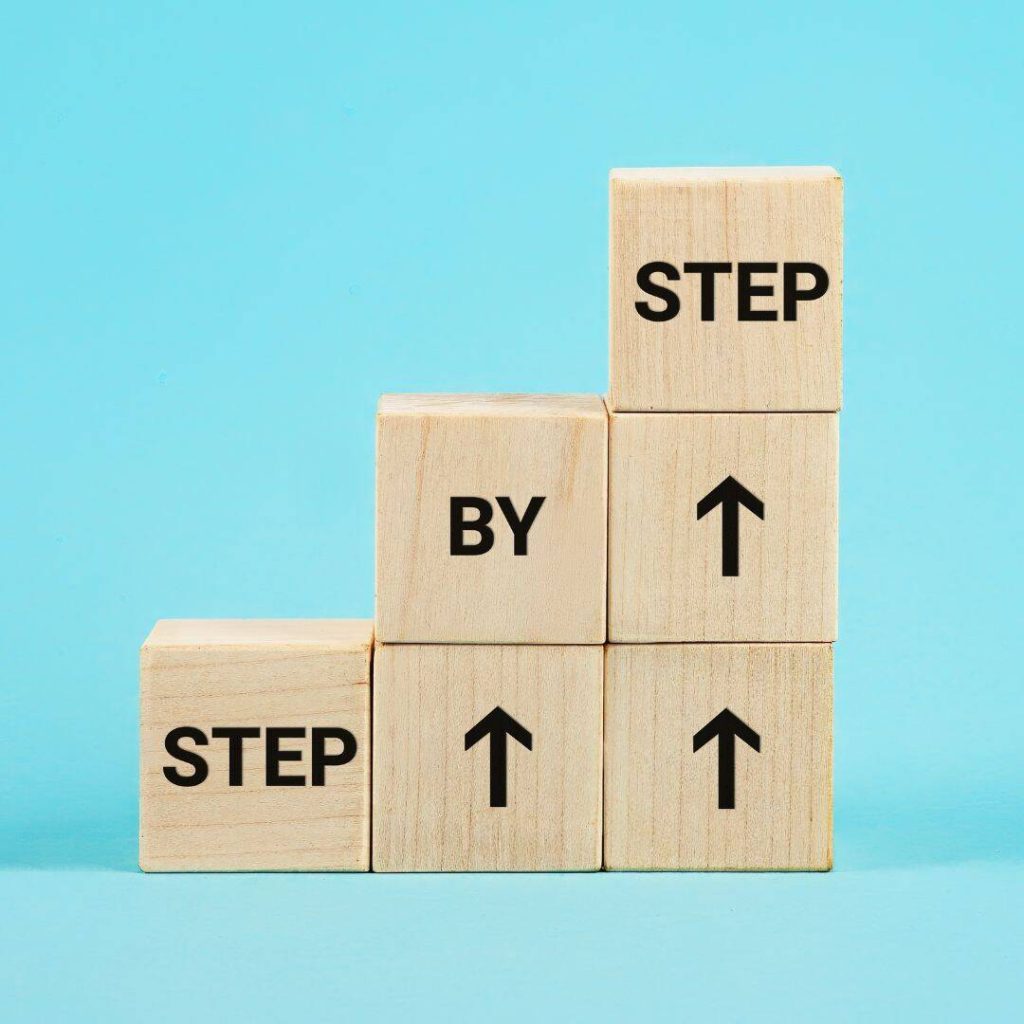
The only way to stay motivated and to know if you’re making progress is to track your goals. Having an accountability partner will set you up for success when it comes to tracking your goals.
You could use an app such as Notion or you can use journal prompts. I keep track of my journal prompts in Notion! Track your progress using the prompts below:
- What have you accomplished in a week towards your goals?
- What is one achievement that you are most proud of? Start with one goal and break it down into smaller, manageable tasks.
- Name a challenge that you recently had to overcome. What steps did you take to overcome it?
- What have you learned from your past challenges?
- Write down any goals that are no longer serving you and eliminate them. It’s okay to change directions when it comes to your goals.
32. Prompts for Overcoming Obstacles
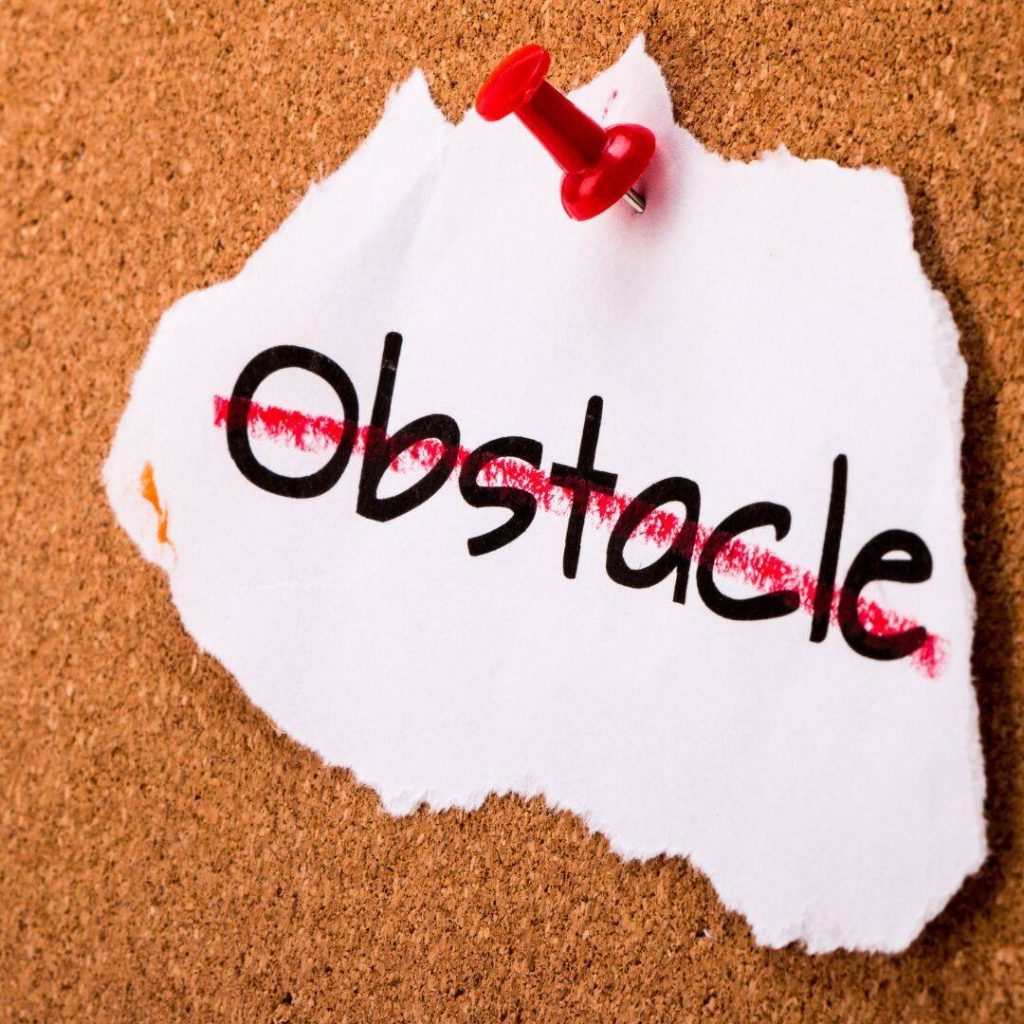
Obstacles are a part of personal growth. Like creative blocks, there is no way to avoid them. We face obstacles daily as they are a part of life. I’ve faced plenty of obstacles in my business development.
Most of us want to ride high all of the time but as soon as we reach the mountaintop, another valley awaits. I wish success was linear but it’s not.
You’ll have to endure the valley until you reach the next mountaintop. You can cry, kick, and get frustrated if you want but remember that obstacles make us stronger.
Also, use these journal prompts the next time you are faced with a challenge:
- Name the challenge you currently face, whether personal, financial, etc.
- What people and tools will you need to help you overcome your obstacles?
- Name one step that you can take today to overcome your obstacles.
- Can you view your challenges from a different perspective? If so, what’s one positive thing about your existing challenge?
- How will you handle previous obstacles that may resurface?
33. Prompts for Developing Resilience
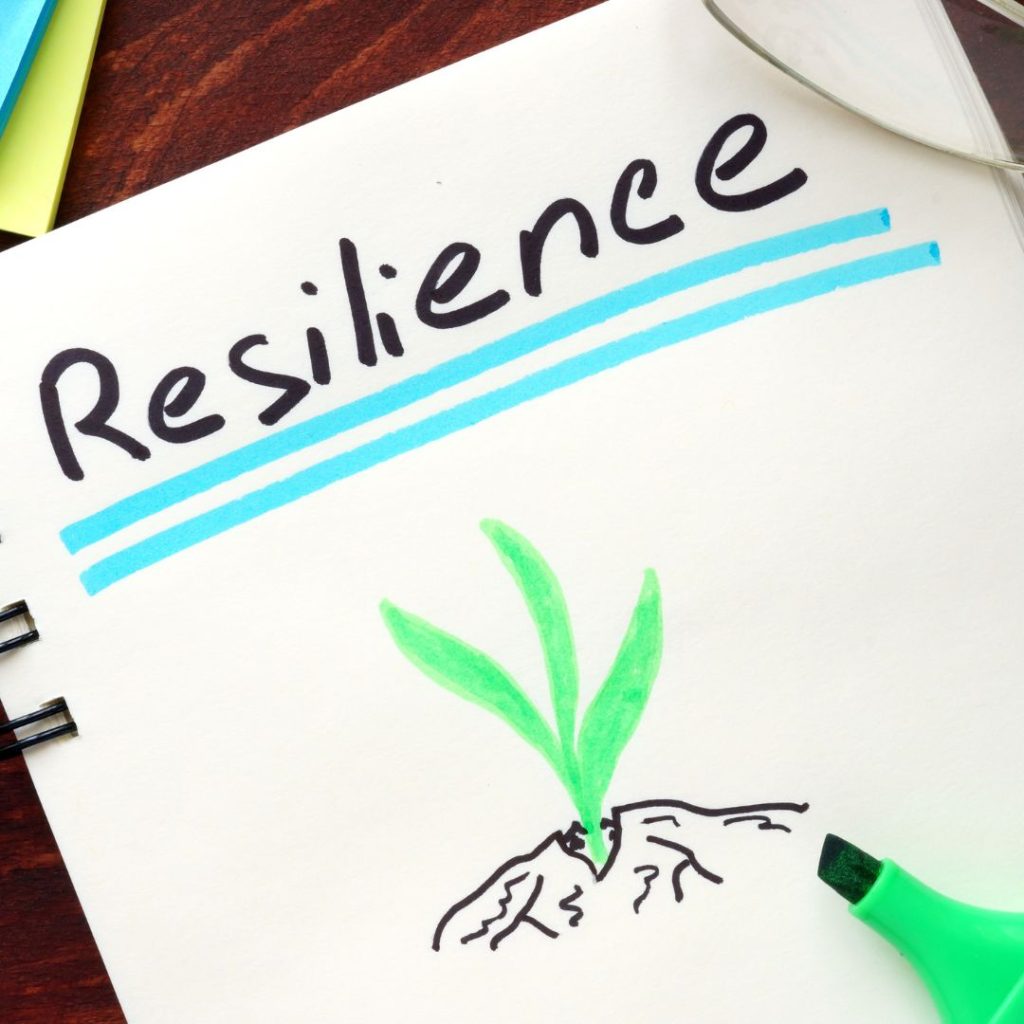
One thing I’ve always been complimented on is my resilience. My former therapist used to remind me all the time of my resilience whenever I was faced with a challenge.
One of the biggest challenges I’ve faced in my life so far was navigating through the grief of losing my father last year. Could you imagine building your business while losing a parent?
I’ve been guilty of burying myself in my work to escape the grief. Losing him was a mental setback for me and I did slow down in my business for a bit.
I picked back up again because I knew Dad wanted me to keep going. Journaling about my grief also helped me bounce back and build on my resilience. Let these prompts help you develop your resilience as well:
- What makes you resilient?
- How do you manage your stress? Name 3 ways.
- What exercises do you practice to improve your mental health?
- How often do you use affirmations to stay motivated?
- Describe the steps you’ve taken to build your resiliency.
34. Prompts for Broadening Your Horizons

Personal development is all about broadening your horizons. It’s about getting out of your comfort zone as well. I, for example, have grown so much due to broadening my horizons.
While in college I avoided taking a public speaking course because it scared me. Now I am looking for more opportunities to speak with the fear still being present.
Broadening your horizons can be scary but the magic happens outside of your comfort zone.
The next time that you are looking to expand personally and explore new opportunities, review these journal prompts:
- Name one new skill that you would like to learn and why.
- What’s one new personal or professional experience that you would like to have?
- Are there any new challenges that you would like to take on? In a few words, explain why it’s a challenge.
- Would you like to make a change in your current career?
- Are there any new classes or online courses that you would like to enroll in?
35. Reflection and Mindfulness Journal Prompts
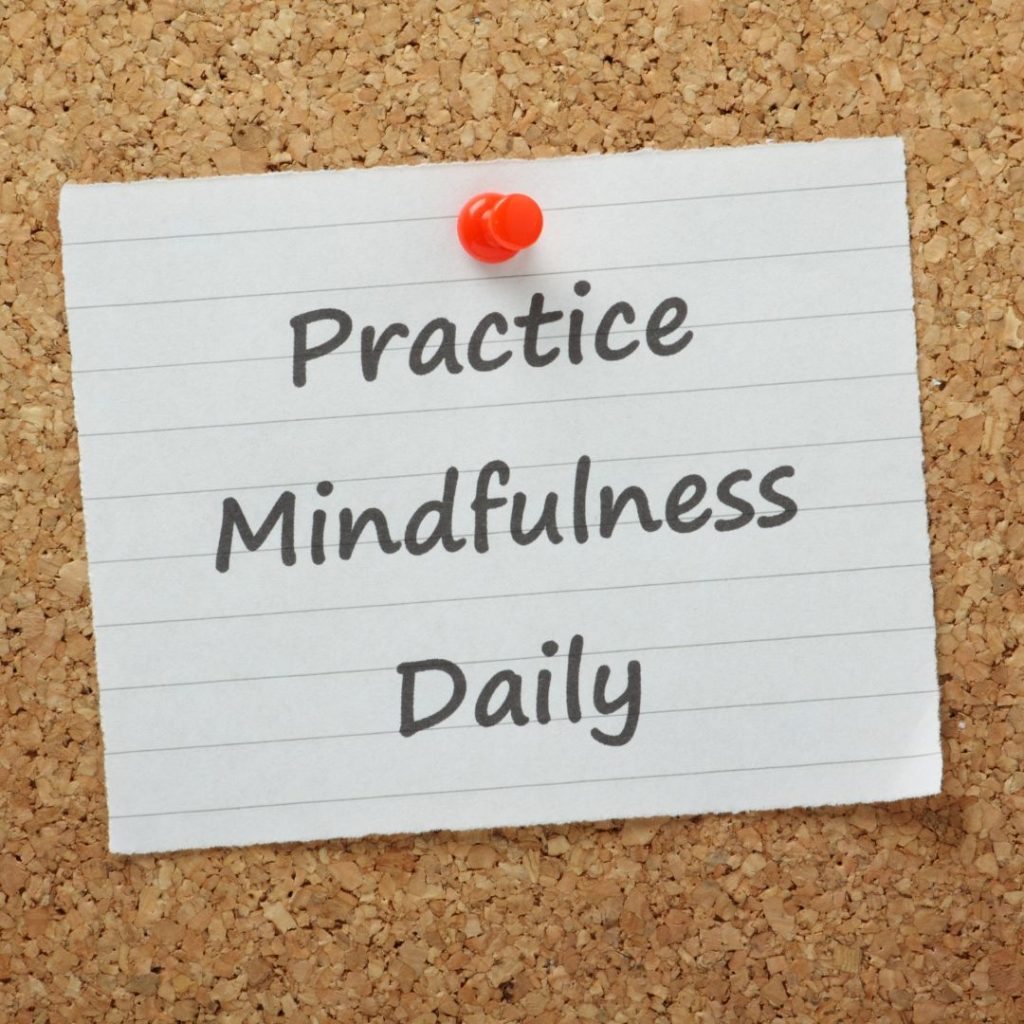
When I first discovered mindfulness, I was at the height of my anxiety. This had to be around 2017. Newly diagnosed with microscopic colitis due to long-term use of Sertraline, I was desperately searching the internet for natural ways to manage my anxiety.
Mindfulness sounded so calming and I bought a book to read up on it. Sadly I never finished the book but I did learn a lot about mindfulness from what I read.
Mindfulness can be practiced anywhere at any time. There are mindful walks, mindful eating and you guessed it, mindful journaling.
Journaling is powerful for self-care, personal growth, reducing stress, tracking your journey, and much more.
If you need some prompts for mindfulness practice, I got ya covered below:
36. Prompts for Daily Mindfulness Practice
- What goes through your mind on a good day?
- What goes through your mind on a bad day?
- When is the last time that you’ve felt present and in the moment?
- Sit back in your chair, close your eyes, and focus on your breath for 3 minutes. Take notice of any thoughts that arise and write them down.
37. Prompts for Reflecting on Life Lessons
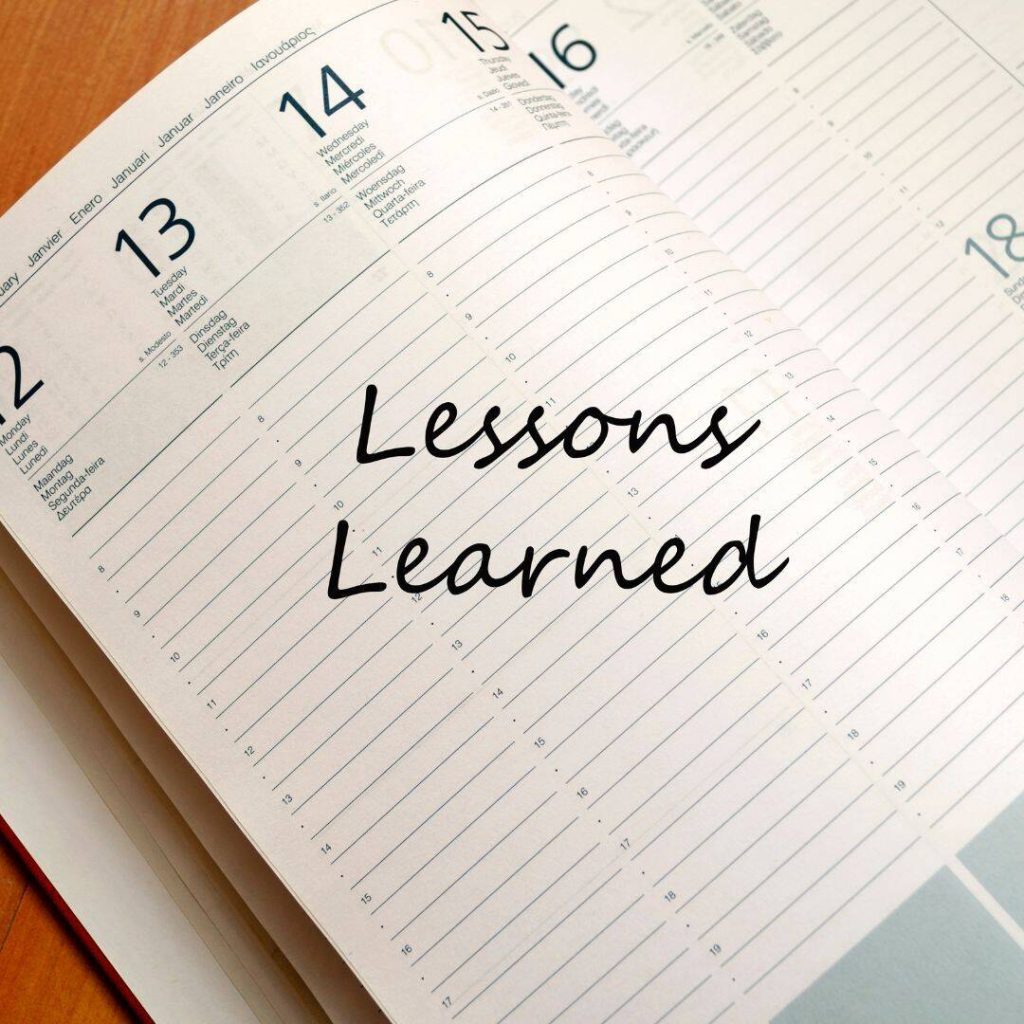
Our life lessons shape us into the people that we are today. We’ve all had some tough moments that we couldn’t understand while it was happening, but eventually learned from them.
I was extremely embarrassed when I was fired from two full-time jobs in 10 months. As I looked back and reflected, I got fired because I was forcing a career that wasn’t for me.
Previously I had no desire to become an entrepreneur but that experience taught me that I wanted something of my own. Also, I would never fire me.
I wanted to build something that I couldn’t be fired from. Also, being an Aquarius, I naturally don’t like being told what to do. The prompts below will help you reflect on your life lessons:
- Describe a past mistake that you made in the past and how you learned from it.
- List 3 reasons to love yourself when you make mistakes.
- If you could do your past differently, what is one thing that you would change?
- What have you learned about yourself in the last month?
38. Prompts for Setting Intentions

To achieve your goals, you must set the intention. I’ve been working on this one blog article for a couple of weeks. That’s because I have other jobs, responsibilities, and clients that I work with so I don’t get the chance to write 24/7.
But I set the intention that I would be done with this blog post on a specific night and I am almost there!
I was determined to get most of the writing done if not all. So write out your intentions using these prompts:
- Name one goal that you want to accomplish next month.
- What is one habit that you want to add to your daily routine?
- Describe in detail one thing that you want to let go of. Why is it important for you to let it go?
- What could be improved in your life right now?
39. Prompts for Practicing Gratitude
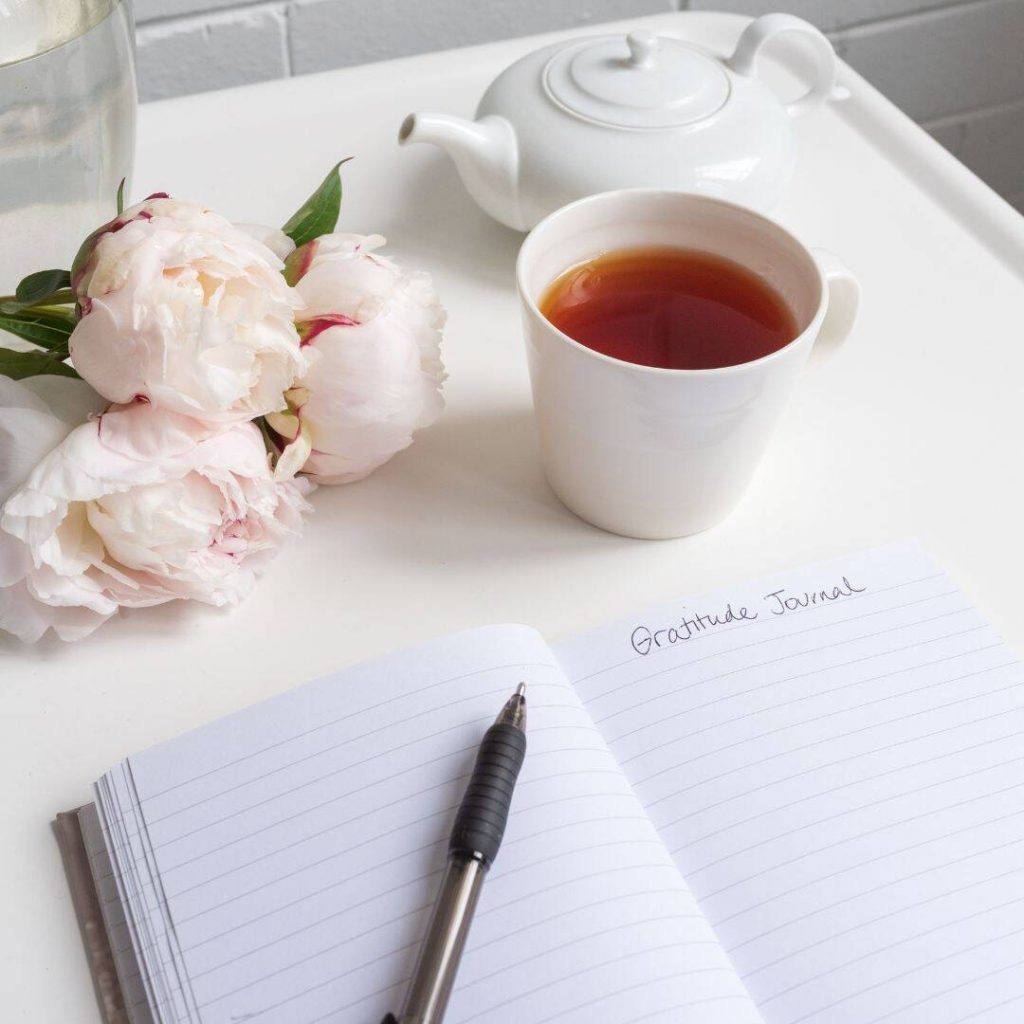
Aah gratitude. I mentioned gratitude at the beginning of this article. Practicing gratitude does make you feel so much better when you are feeling unsatisfied with what’s going on in your life currently.
You may not have everything that you want, but remember the things that you do have. Being grateful attracts the things in your life that you wish to achieve.
I’ve created a gratitude journal for myself and a couple of clients. There are times when I complain about certain things that I don’t have but then I recall the things that I am grateful for.
Gratitude challenges as well as gratitude journal prompts serve their purpose. If you need help finding one thing to be grateful for, refer to the prompts:
- What is one thing you are grateful for today?
- What music makes you feel grateful?
- What do you appreciate about your body?
- What is one thing to be grateful for when it comes to your relationships?
40. Prompts for Achieving Inner Peace

Inner peace just sounds peaceful, doesn’t it? I automatically felt relaxed just typing the words. Inner peace can be difficult to achieve when you are feeling stressed but it’s not impossible.
The real challenge is to find inner peace when there is chaos in your outer world. Finding inner peace has a lot to do with mindset. In every negative situation, there is always a positive.
Following these prompts can help you achieve inner peace:
- Name one activity that you can do at this moment to reduce your stress.
- Have you reached a balance between acceptance and growth? If so, how?
- How is your relationship with yourself evolving?
- What have been eye-opening experiences on your journey to inner peace?
Final Thoughts
When it comes to journaling, achieving personal growth, and building resilience, consistency is key. I know that life can sometimes get in the way and we can fall off of our journaling routine but it’s okay.
Get yourself a journaling accountability partner and start again. Try not to judge yourself for making mistakes or falling off of your routine.
I would love to be your journaling accountability partner as it helps me stay accountable. If you need a journaling buddy, let’s talk about it, HERE.
Lastly, your journal is yours so you don’t have to share the content of it. I would love for you to share with me that you adopted a journaling routine that works for you.
I hope that you were inspired to develop or continue your writing practice!
Frequently Asked Questions
Here are a few prompts that you can use daily that are both fun and creative.
How are you living a dream you once had as a child?
How often do you smile?
What happens when things don’t go your way?
List 3 ways this journey has helped you heal.
Write a thank you note for your body.
Here are some journaling prompts for healing and self-reflection:
What was a difficult challenge that you recently overcame?
What causes you the most stress? How do you manage it?
Write a letter of apology to your body.
Name one thing you want to learn how to do better.
What personal accomplishment are you proudest of?
If you’re an adult looking to spark your creativity, try these prompts:
Create a specific design around the title of each journal page.
Write about a new skill that you would like to develop.
Take a 30-minute nap, recall your dream, and write about it.
Think about yourself achieving a victory. What does it look like?
Write about your dream vacation and why you want to go to that specific place.
Teens need help reflecting on their emotions. Furthermore, I wish I had known the significance of journaling when I was a teen. If you’re a teen looking to begin recognizing your emotions, refer to these prompts:
How do you self-sabotage yourself?
When was the last time that you’ve felt sad or angry? Describe in full detail.
Why do you deserve to love yourself more?
Where is your happy place?
When you look at yourself in the mirror, what do you see?
